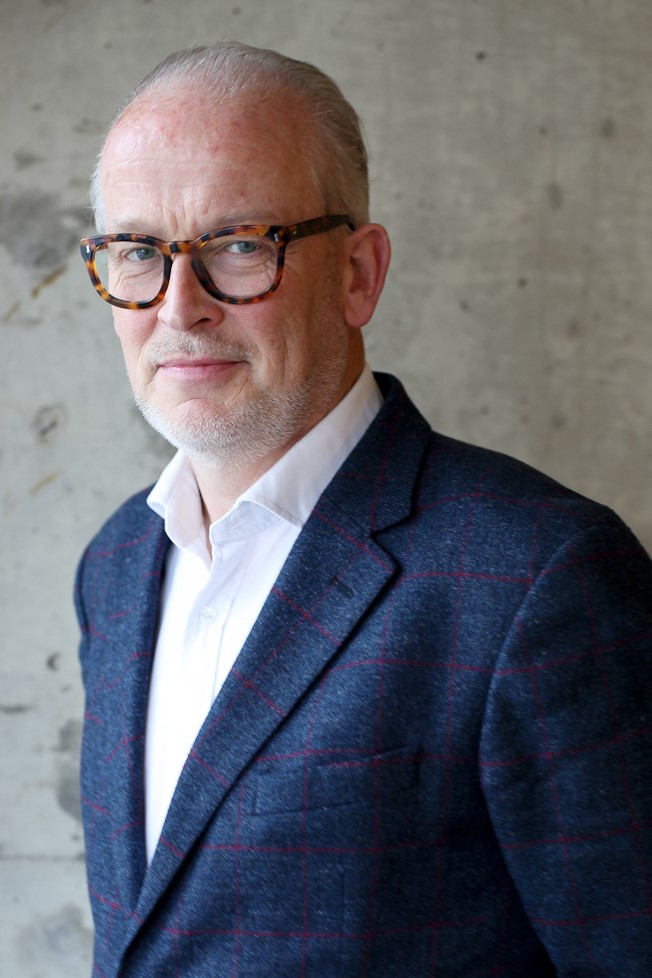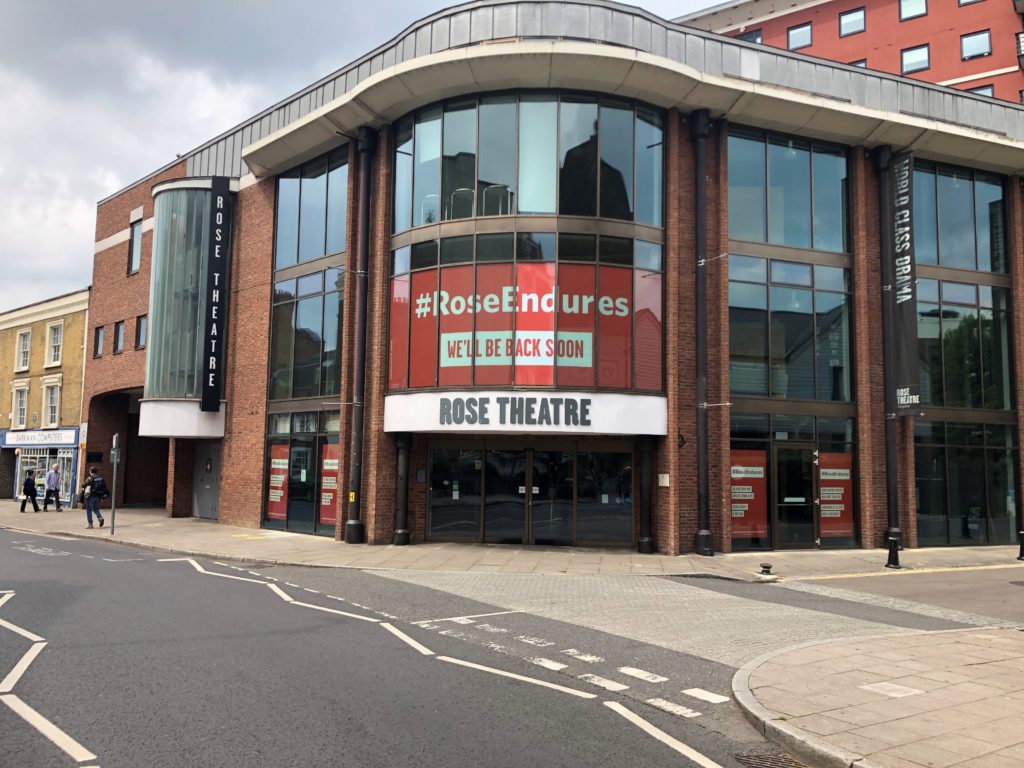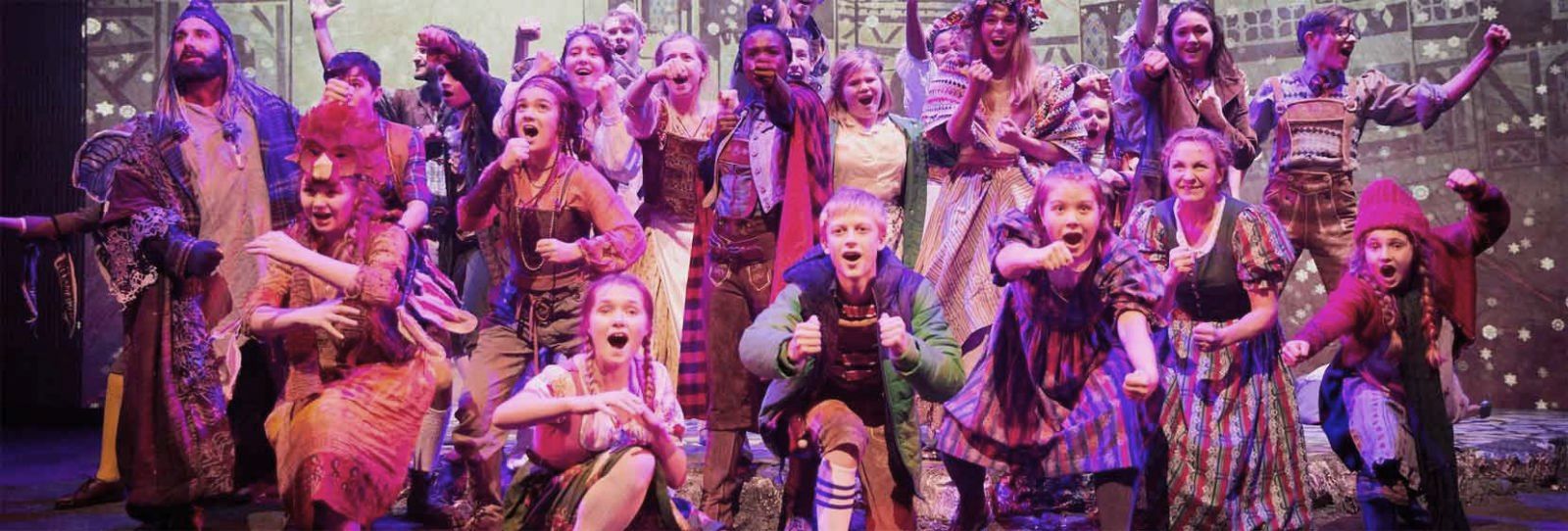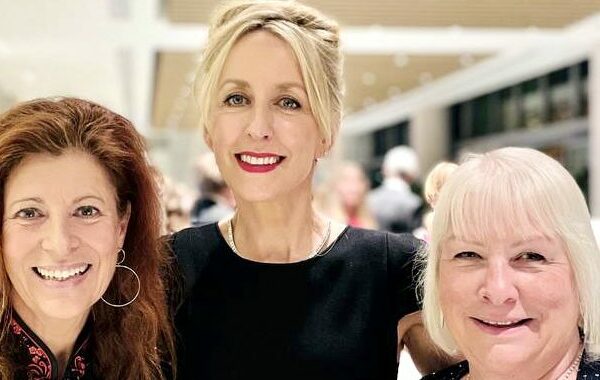Drastic times call for drastic changes. Robert O’Dowd, Chief Executive of the Rose Theatre, highlights four actions needed for inclusivity in the arts.
Even though the past few months have been very challenging for us, as with all theatres, with the support of our amazing patrons and The Royal Borough of Kingston we have plotted a route to weather the COVID storm and come back when we are allowed to open better, stronger and more inclusive. Our new Artistic Director is fully committed to make the Rose a theatre for all.

The arts are in a perilous state. Their entire model is based on high numbers of customers paying to see work produced. COVID 19 has brought an abrupt halt to the majority of the income streams the arts generate. As the arts looks at ways to weather this huge storm it also has to think of a new and better way of becoming more inclusive. For too long the arts have pursued a small but hugely important demographic, but in order to grow and survive post the pandemic the arts need to secure new audiences whilst retaining its current ones. The arts need to change.
Here are four actions that the arts industry could action as it reawakens from lockdown:
1. Introduce regular mandatory training in places of work on racial equality, micro-aggressions and cultural differences to ensure a safer environment and to inspire people to talk about their lived experiences from the start of getting back to work
2. Use the rescue package funding to encourage organisations to move to a minimum of 15% ethnic diversity in all of their operations and activity.
3. Prioritise the retention of existing diverse staff and the employment of diverse freelancers in the arts workforce.
The diversity gains made in the arts in recent years have been largely down to new entrants to the arts sector. If we lose diversity in the workforce now, we lose our future talent pipeline.
If we lose our diverse staff and freelancers, including people from ethnic minority backgrounds who are not new to the sector, we will create a skills deficit that will take years to rebuild. The UK’s population is increasingly diverse: lose ethnicity and we consign our industry to history.
4. To build on diversity and inclusion across all areas of arts businesses, the cultural sector and arts organisations need to allocate a percentage of each budget line to an active diversity intervention, including all areas of business practice, management and governance.
From the artists we engage with to the contractors we work with, even if organisations are small, they must prioritise engagement with ethnically diverse freelancers. Conscious procurement is within our gift.

About the Rose Theatre
Founded by Sir Peter Hall and modelled on the original Elizabethan Rose Theatre on London’s Bankside, Rose Theatre Kingston is the largest producing theatre in South West London. Their vision is be a world-class hub of artistic activity, fully engaged with the local community and putting their audiences at their heart of everything they do. Through deepending and ensuring fulfilment of relationships with Kingston University and the Royal Borough of Kingston, they aim to stimulate, entertain, and engage with existing and new audiences.
“Our artistic programme is at our core. Creating a combination of in-house productions and co-productions each season, we produce work that reflects the highest standards of artistic excellence and attracts celebrated actors and directors,” the Rose states proudly.
In addition to productions like Beauty and the Beast, The Bootleg Beatles, and Six – all postponed for the time being – the Rose Theatre Kingston undertakes a high-quality learning and participation programme, educating the people of all ages and backgrounds in various aspects of dramatic art, nurturing emerging talent.
You might also enjoy reading:




